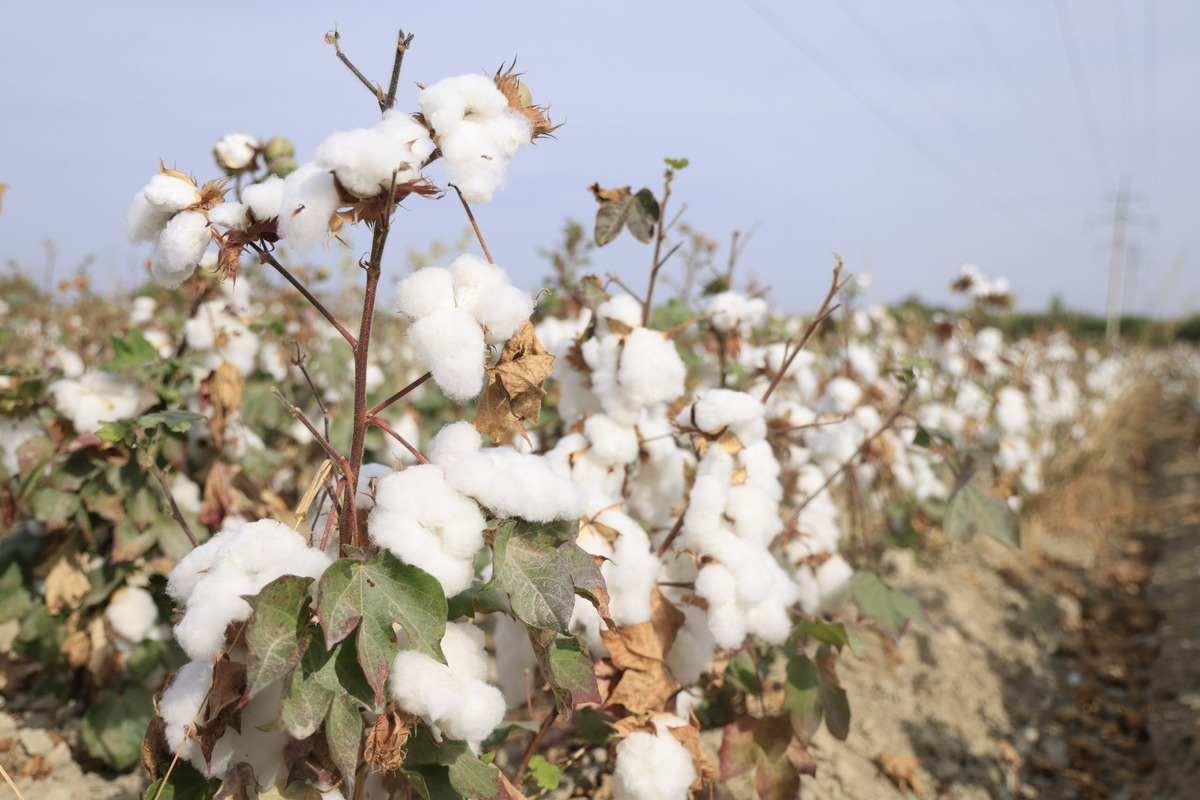The Competition Committee of Uzbekistan has conducted an investigation into the Payariq Cluster, finding violations related to the sale of cotton products bypassing official exchange trading. The investigation revealed that the cluster sold several highly liquid goods under direct contracts, which is against the Cabinet of Ministers’ 2020 resolution that requires such products to be sold through the exchange.

Violations Identified
In 2022, Payariq Cluster sold 259 tons of cottonseed oil, 890.5 tons of cotton meal, and 418.9 tons of cotton husk through direct contracts, bypassing the required exchange. In 2023, the cluster sold 2,250 tons of industrial seeds in a similar manner.
The goods were sold at inflated prices compared to exchange rates, resulting in an unjustified income of approximately 1.9 bn soums (around $150,000) for the cluster.
A special commission from the Competition Committee initiated a case against the Payariq Cluster for violating the procedure for selling highly liquid products. The company was instructed to eliminate these issues and ensure compliance with the regulations in the future.
Ongoing Investigations
In addition to the Payariq Cluster, the supervisory authority has investigated 17 cotton clusters in the past three months. Violations were most common in the Namangan region, where six enterprises were found non-compliant, followed by three each in the Jizzakh and Kashkadarya regions.
The Competition Committee also uncovered violations at other cotton clusters. The Khantex Group in Andijan was found to have manipulated prices for cotton seeds, resulting in 380mn soums (around $30,000) in unjustified profits. White Gold Klaster in Syrdarya received 93bn soums ($7.3mn) from bypassing the exchange in the sale of its products.
Comments (0)